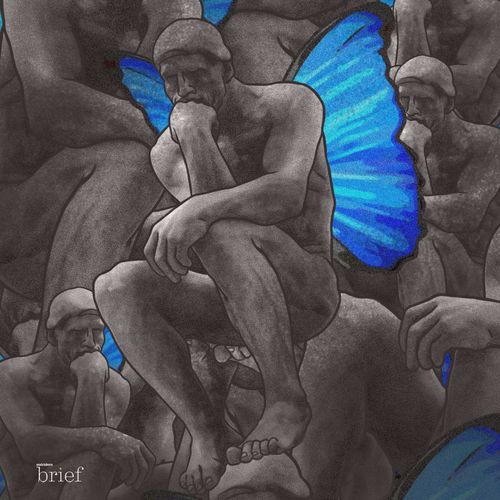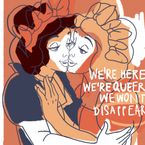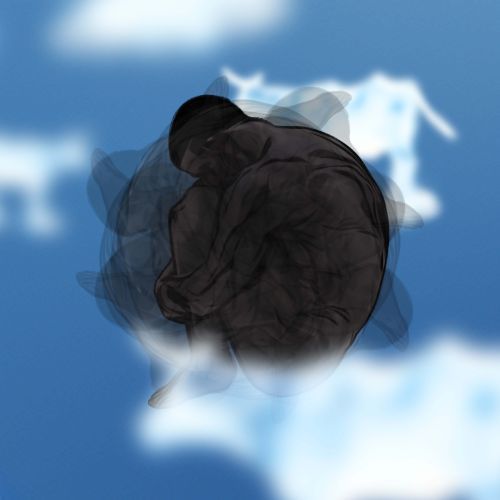The biggest regional free-trade agreement
Bloomberg Economics have forecasted potential GDP through 2050 for 39 countries, from the U.S. to Ghana. The forecast claims that by 2035 China will overtake the U.S. as the world’s biggest economy and India will take the third position by 2033. The economical center is shifting from the West to the East, from the developed to the developing economies, from the free market to the state control, and from democracies to the countries ruled by populists and authoritarians.
Asia Pacific nations signed the world’s biggest regional free-trade agreement. It covers roughly 2,2 billion people or 30% of the world’s population and 30% of the world’s GDP (26,2 trillion USD). The Regional Comprehensive Economic Partnership (RCEP) consists of ASEAN countries, plus Australia, China, Japan, South Korea, and New Zealand. India is allowed to join the pact later. Among the benefits of the agreement is a tariff elimination of at least 92% on traded goods between the countries involved. It covers trade, services, investment, e-commerce, telecommunications, and copyright. RCEP doesn’t cover environmental protection or labor rights.

























